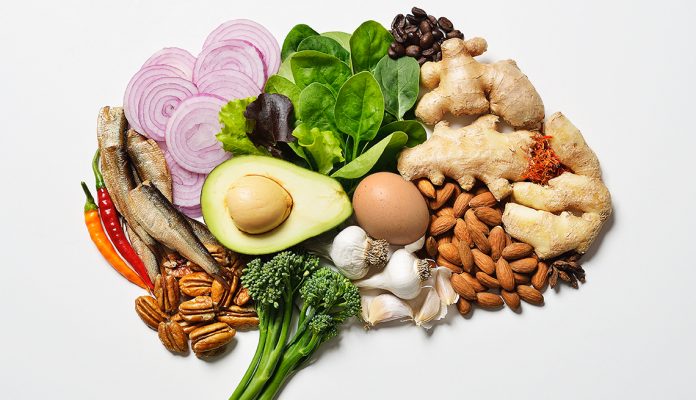Contrary to popular belief, there are no “good” or “bad” foods. There is only good diet and bad diet. As long as the foods we eat is fit into a healthy lifestyle, all is fine for eating. Unfortunately with all the food available all around us, many find it difficult to eat a healthy and balanced diet.
Here are tips to eating well:
- Base your meals on higher fiber starchy carbohydrates
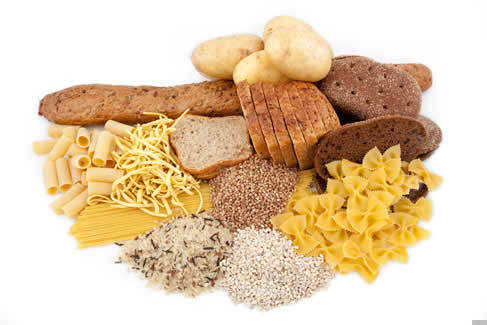
When mentioning carbohydrates, most of us will think of potatoes, bread, rice, pasta and cereals. Some people think starchy foods are fattening, but gram for gram the carbohydrate it contain provides fewer than half the calories of fat. We recommend that you consume starchy carbohydrates in the right portion of just over a third of the food eaten. Try to include at least 1 starchy food with each main meal. We also recommend that you stay away from white or refined starchy carbohydrates and rather eat more foods high on fiber and the wholegrain varieties, such as wholewheat pasta, brown rice or potatoes with their skins on. It contains more fiber and can help you feel full for longer.
2. Eat lots of fruit and veggies
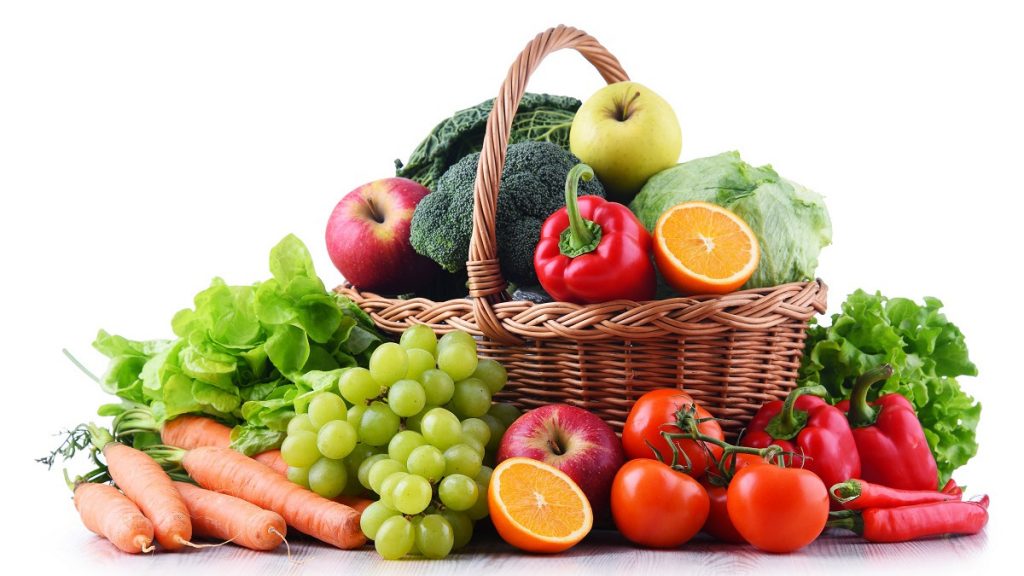
Since we were young, we’ve been taught that eating lots of fruits and vegetables is a good thing. This rings true as we are recommended to eat at least 5 portions of variety of fruit and vegetables everyday. It can come in fresh, frozen, canned, dried or juiced. The 5 portions of fruits and vegetables may seem like a lot but it’s actually achievable on a daily basis. Some foods you can swap include chopping a banana over breakfast cereal, swapping your mid-morning snack with fresh fruit or swapping out your whole dinner altogether with fruits. You can also have a 150 ml glass of fruit juice, vegetable juice or smoothie also counts as 1 portion. However, these juices can only be consumed on a limited amount no more than 1 glass a day as these drinks are sugary and can damage your teeth.
3. Eat more fish, including a portion of oily fish
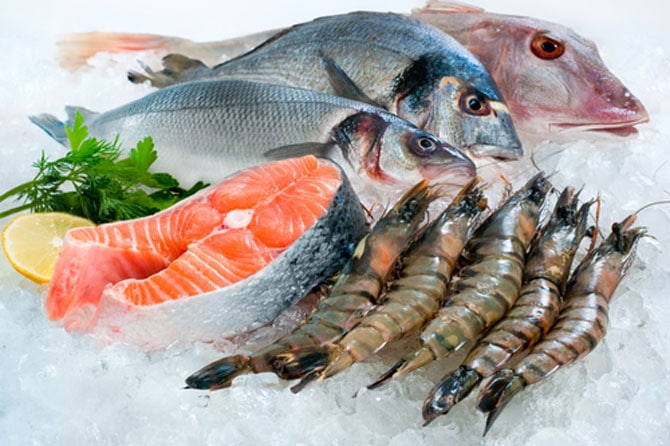 Fish, as a good source of protein and contains many vitamins and minerals, deserves a category of its own. With the nutrient count of fish, eating it will give you the proper nutrients in order to fuel your body properly. The recommended amount is at least 2 portions of fish a week including at least 1 portion of oily fish for your dose of omega-3 fats, which would help you prevent heart disease. Oily fish you can consume include salmon, trout, herring, sardines, pilchards and mackerel. You can eat the fish in various forms, but remember that canned and smoked fish have particularly high salt content which can be too much for some people.
Fish, as a good source of protein and contains many vitamins and minerals, deserves a category of its own. With the nutrient count of fish, eating it will give you the proper nutrients in order to fuel your body properly. The recommended amount is at least 2 portions of fish a week including at least 1 portion of oily fish for your dose of omega-3 fats, which would help you prevent heart disease. Oily fish you can consume include salmon, trout, herring, sardines, pilchards and mackerel. You can eat the fish in various forms, but remember that canned and smoked fish have particularly high salt content which can be too much for some people.
4. Cut down on saturated fat
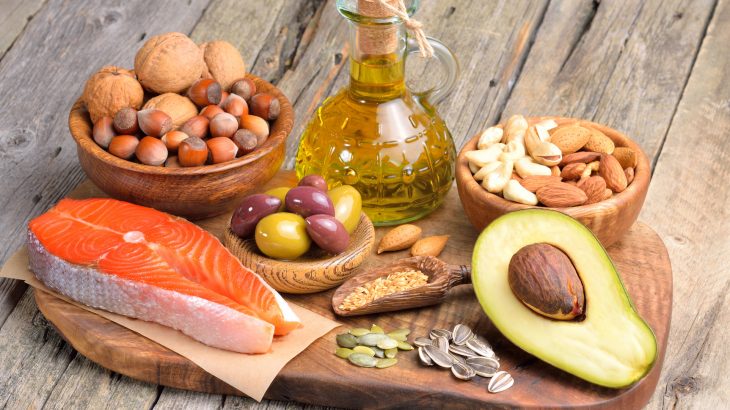
Fat is needed in one’s diet, but it’s also important to pay attention to the amount and type of fat that you are eating. There are two main types of fat: saturated and unsaturated. Eating too much saturated fat increases cholesterol levels in the blood, therefore increasing risk of developing heart disease. Instead of eating saturated fats, increase your intake of unsaturated fats. Try to cut down on your saturated fat intake and choose foods that contain unsaturated fats instead, such as vegetable oils and spreads, oily fish and avocados. Choose vegetable or olive oil for a healthier choice. It should be noted that all types of fat are high in energy, so it should only be eaten in small amounts.
5. Eat Lean Protein
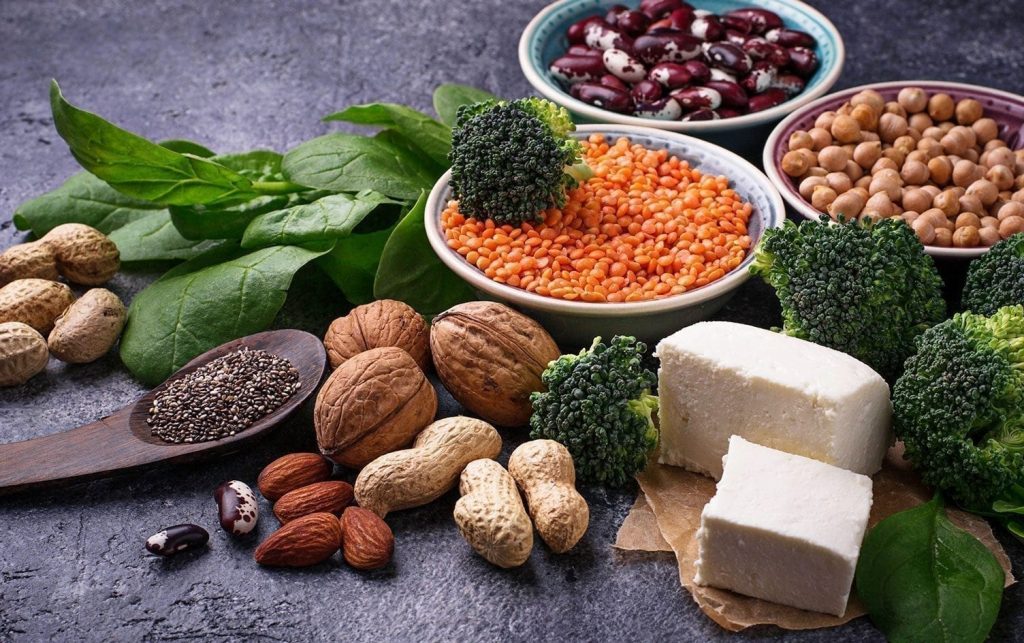
Other than fruits and vegetables, you also need to eat more lean protein. Food categorized as lean protein include beans, peas, quinoa, lentils, tofu, low-fat yogurt, 1% milk and fish. Lean protein are foods without the extra addition of fat in it, which can be unhealthy if eaten in large amounts. This type of protein is also very popular amongst those who are following through with a healthy diet to bulk up or those on a weight-loss diet.
What is the diet and nutrition plan that you follow? Share with us in the comments section below!

